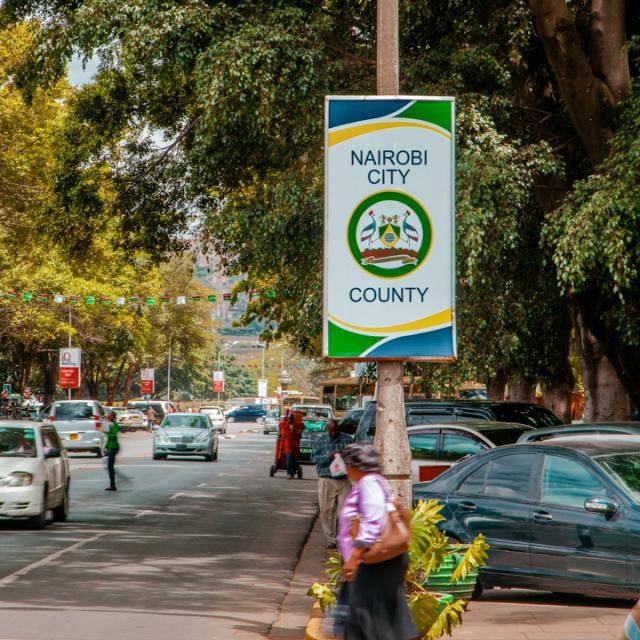Nairobi County Loans: The Nairobi County Government is set to offer a large clearance sale in a bid to pay off a Sh. 4.4 billion KCB loan it has defaulted. In the sale, Nairobi County will put its land and office furniture on sale.
This comes after the High Court in Nairobi cleared KCB to auction off assets belonging to the Nairobi County government in order to recover the debt.
The county government has also planned to introduced a new tax system within the metropolitan region to avoid the auction of its prime assets by the bank. This will likely spark an outcry in the region by entrepreneurs, traders, and business owners.
City hall has informed the assembly over its plans to sell its idle land that is lying in various parts of the city and old apartments too. The plan is also set to weed out the cartels and land grabbers who are feared to run the show in the capital city.
According to Nairobi Finance and Economic Planning chief executive officer Allan Igambi, City Hall is also mulling over creating a cess or special tax to clear the loan. This plan is contained in the Nairobi City County Medium Term Debt Management Strategy Paper for the financial year ending June 30, 2023, that seeks to lower the devolved government’s mounting debt.
“This paper recommends that we conduct an auction for all obsolete and idle assets and furniture and the proceeds realized to be used to reduce the outstanding loan,” says the document. “Also recommends that one source of our revenue, cess collection, to go towards repayment of this loan. The county Treasury will come up with modalities of how this can be best implemented.”
Land, home sales, office furniture sales, and cess tax collection offer the Capital city an easier route to offset its huge bank debt. A similar event occurred in 2011 when the Nairobi County Government was forced to sell its Mariakani Estate property to a Local Authorities Pension Fund in order to get rid of a weighing 2 Billion debt.
The half a century old estate sits on a 10.13 acres in Nairobi’s South B and has 30 blocks of 8 flats. City hall now seeks a similar deal as the latter to clear the KCB debt and avoid auction of its valuable assets. City hall runs a budget that is mostly dominated by the enormous workforce, hence giving it little capacity for payment of debts and key projects like building roads and hospitals.
Its budget woes have worsened by the transfer of Nairobi’s key functions and cash to the Nairobi Metropolitan Services (NMS) under Major General Mohammed Badi. As reported in the Business Daily, the evidence presented before the court showed that Equity had lent the defunct Nairobi City Council Sh. 5 billion in 2011.
The money was supposed to help pay off statutory debts to allow the city council access the Local Authority Transfer Fund which represented resources previously provided by the National Government before the creation of counties to boost deliveries at the grassroots.
The remittances were made directly to the National Security Fund, the Kenya Revenue Authority, the Local Authorities Pension Trust, and the Local Authorities Provident Fund. Equity said in 2014 that City Hall owed it Sh. 4.75 billion, including an overdraft of Sh.1.45 billion.
How Belgian man spotted and gave four Kenyan girls Sh. 650 million
When KCB took over the loan in September 2014, it gave the county more time to repay the debt by increasing the maturity period to eight years at an interest rate of 13 per cent. Equity was charging a varying annual interest rate of between 18 per cent and 24 per cent on a reducing balance and the county was required to pay back the money in 60 months. KCB also offered the county a six-month grace period before it could start servicing the debt.









